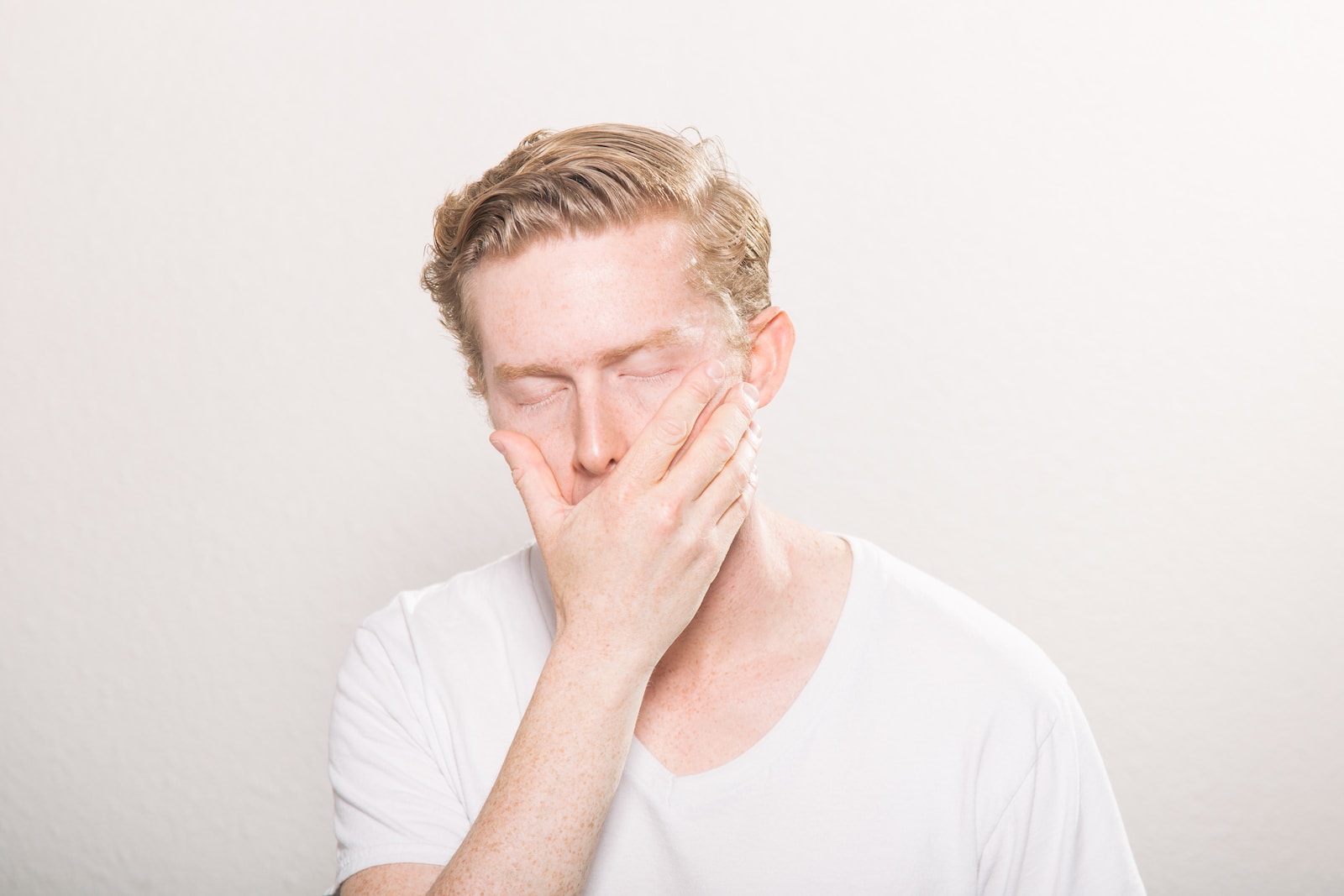There are many possible sources of unhappiness, and it can be difficult to pinpoint where your unhappiness is coming from. It may be helpful to think about what areas of your life are causing you stress or dissatisfaction. Are you struggling at work? Do you feel like you’re not spending enough time with your family or friends? Are you dealing with health issues?
Once you’ve identified the source(s) of your unhappiness, it will be easier to find ways to manage it. If work is causing you stress, for example, try to find ways to make your job more enjoyable or manageable. Talk to your boss about your concerns, take on new challenges that interest you, or find a hobby that can help you relax after a long day. If you’re unhappy because you feel like you’re not spending enough time with loved ones, try to schedule regular outings or date nights. And if health issues are bringing you down, talk to your doctor about treatment options and how to improve your overall wellness.
No matter what the source of your unhappiness is, remember that it’s important to take care of yourself both physically and emotionally. Eating healthy foods, exercising regularly, getting enough sleep, and taking breaks when needed can all help reduce stress and promote feelings of happiness and well-being.
Understanding How To Manage Season Depression
Seasonal depression is a type of major depressive disorder that occurs at the same time every year. Seasonal depression may be caused by the change in seasons and the reduced amount of sunlight during winter.
Symptoms of seasonal depression include:
· Feeling depressed most of the day, nearly every day
· Losing interest in activities you once enjoyed
· Having low energy levels
· Sleeping too much or having trouble sleeping
· Changes in appetite or weight
· Feeling hopeless or worthless
· Having difficulty concentrating or making decisions
If you are experiencing these symptoms, it’s important to see your doctor or a mental health professional. They can help you make a diagnosis and develop a treatment plan. Treatment for seasonal depression may include light therapy, antidepressant medication, and psychotherapy.











